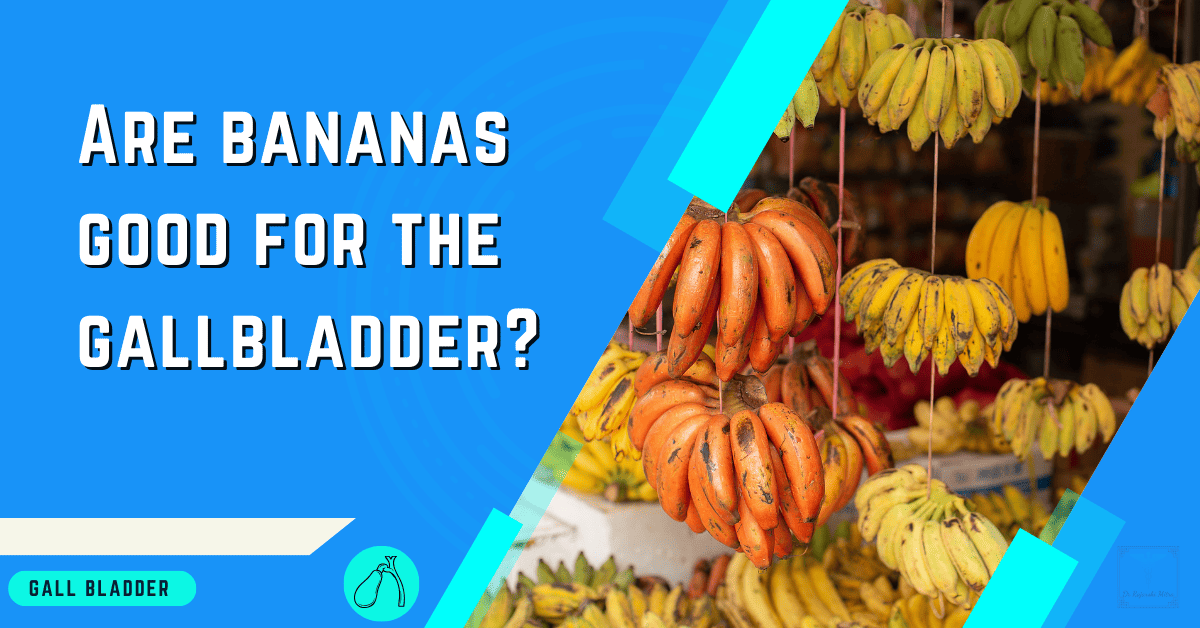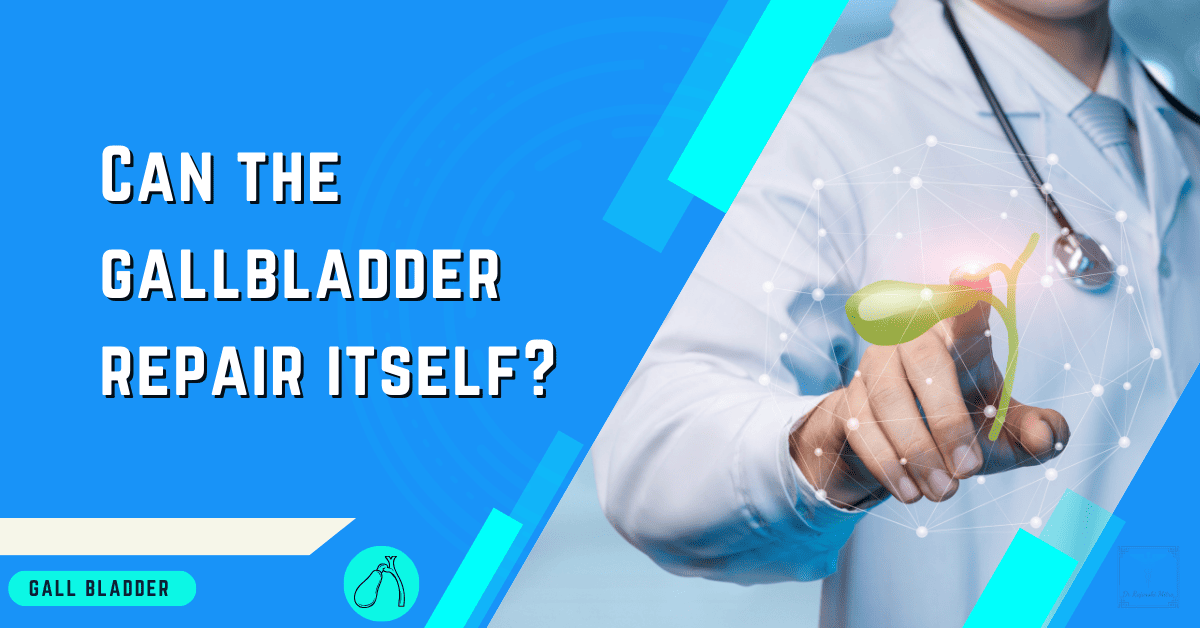What Drinks Help the Gallbladder? A Guide from an Abu Dhabi Surgeon
If you’re experiencing gallbladder issues or have recently undergone gallbladder surgery, you might be wondering what you can drink to ease your symptoms and support your recovery. This article, brought to you by Dr. Rajarshi Mitra, a leading surgeon in Abu Dhabi, will guide you through the best and worst beverages for your gallbladder health, helping you make informed choices for your well-being. We will explore specific drinks that can aid digestion, reduce inflammation, and promote overall gallbladder function, providing you with practical tips to incorporate into your daily routine.
What Drinks Help the Gallbladder? A Comprehensive Guide
Understanding the Gallbladder and Its Function
As Dr. Rajarshi Mitra, a Laparoscopic Surgeon in Abu Dhabi, I believe it’s important to understand the gallbladder’s role. The gallbladder is a small, pear-shaped organ located beneath the liver. Its primary function is to store and concentrate bile, a digestive fluid produced by the liver. Bile helps break down fats in the small intestine, enabling your body to absorb essential nutrients. When you eat fatty foods, the gallbladder releases bile into the digestive tract. Problems arise when gallstones form, blocking the flow of bile and causing pain, inflammation, and other complications.
Why What You Drink Matters for Your Gallbladder
What you drink significantly impacts your gallbladder health. Certain beverages can promote bile flow, reduce inflammation, and support overall digestive function, while others can exacerbate gallbladder problems. Choosing the right drinks is a simple yet effective way to manage gallbladder issues and potentially prevent future complications. As a surgeon here in Abu Dhabi, I often discuss dietary and lifestyle modifications with my patients, and beverage choices are a key part of that conversation.
Top Drinks to Support Gallbladder Health
Incorporating these drinks into your daily routine can help support your gallbladder health.

Water: The Foundation of Gallbladder Health
Staying adequately hydrated is crucial for overall health, including gallbladder function. Water helps keep bile thin and prevents the formation of gallstones. Aim to drink at least 8 glasses of water a day. In the Abu Dhabi climate, staying hydrated is especially important.
Herbal Teas: Soothing Relief for Your Gallbladder
Certain herbal teas have properties that can soothe the gallbladder and aid digestion.
Chamomile Tea
Chamomile tea has anti-inflammatory and antispasmodic properties, which can help relax the gallbladder and reduce pain. It is widely available in Abu Dhabi.
Ginger Tea
Ginger is known for its anti-inflammatory and digestive benefits. Ginger tea can help stimulate bile flow and relieve nausea associated with gallbladder problems. Fresh ginger is readily available in local markets.
Turmeric Tea
Turmeric contains curcumin, a powerful antioxidant and anti-inflammatory compound. Turmeric tea can help reduce inflammation in the gallbladder and improve its function.

Vegetable Juices: Nutrient-Rich Options
Vegetable juices can provide essential nutrients and support gallbladder health.
Beet Juice
Beet juice is believed to help thin bile and improve liver function, which indirectly benefits the gallbladder.
Celery Juice
Celery juice has anti-inflammatory properties and can help detoxify the liver and gallbladder.
Fruit Juices: Moderation is Key
While some fruit juices can be beneficial, it’s important to consume them in moderation due to their sugar content.
Apple Juice
Apple juice contains malic acid, which may help soften gallstones. However, it should be consumed in limited amounts.
Cranberry Juice
Cranberry juice can help prevent the formation of gallstones due to its high antioxidant content.
Drinks to Avoid for a Healthy Gallbladder
Certain beverages can worsen gallbladder problems and should be avoided or consumed in moderation.
Sugary Drinks: A Major Threat
Sugary drinks, such as soda and sweetened juices, can contribute to weight gain and increase the risk of gallstone formation.
Alcohol: Proceed with Caution
Excessive alcohol consumption can damage the liver and gallbladder. If you have gallbladder problems, it’s best to limit or avoid alcohol.
Caffeinated Beverages: Know Your Limits
Caffeine can stimulate gallbladder contractions, which may cause pain and discomfort in some individuals.
Coffee and Gallbladder Health
Some studies suggest that coffee may actually reduce the risk of gallstones, while others indicate it can worsen symptoms. Pay attention to how your body reacts to coffee and adjust your intake accordingly.
Energy Drinks and Gallbladder Issues
Energy drinks are high in caffeine and sugar, making them a poor choice for gallbladder health.
Milk and Dairy Products: A Potential Trigger
Some people with gallbladder problems find that dairy products trigger symptoms. If you suspect dairy is an issue for you, consider trying lactose-free alternatives or plant-based milks.
Dietary Considerations for Gallbladder Health in Abu Dhabi
The local diet in Abu Dhabi often includes rich, fatty foods. Be mindful of portion sizes and opt for healthier cooking methods, such as grilling or baking, rather than frying. Incorporate plenty of fresh fruits, vegetables, and whole grains into your diet. Also, be aware of the spices used in local cuisines. While many spices are beneficial, some individuals may find certain spices to be irritating.
Hydration and Its Impact on Gallbladder Function
Proper hydration is essential for maintaining healthy bile flow and preventing gallstone formation. Aim to drink plenty of water throughout the day, especially in the hot Abu Dhabi climate.
Post-Gallbladder Surgery: What to Drink for Recovery
After gallbladder removal surgery (cholecystectomy), it’s important to follow a specific dietary plan to allow your digestive system to adjust. Start with clear liquids, such as water, broth, and herbal teas. Gradually introduce other beverages as tolerated. Avoid sugary drinks, alcohol, and caffeinated beverages during the initial recovery period.
Frequently Asked Questions About Drinks and the Gallbladder
- Q: Can I drink coffee if I have gallstones?
A: Some studies suggest coffee might reduce gallstone risk, but it can worsen symptoms for some. Observe your body’s reaction and adjust intake accordingly. - Q: Is apple cider vinegar good for gallbladder cleansing?
A: There’s limited scientific evidence to support this claim. While apple cider vinegar might offer some health benefits, it’s not a proven remedy for gallbladder issues. - Q: What kind of milk is best for gallbladder health?
A: If dairy triggers your symptoms, opt for lactose-free or plant-based milk alternatives like almond or oat milk. - Q: How much water should I drink daily for a healthy gallbladder?
A: Aim for at least 8 glasses of water a day, especially in hot climates like Abu Dhabi.
Conclusion: Making Informed Choices for Your Gallbladder Health
Choosing the right drinks can significantly impact your gallbladder health. By incorporating beneficial beverages like water, herbal teas, and vegetable juices into your diet, and avoiding sugary drinks, alcohol, and excessive caffeine, you can support your gallbladder function and alleviate symptoms. Remember, these are general guidelines. As Dr. Rajarshi Mitra, I always advise consulting with a healthcare professional or a registered dietitian for personalized dietary advice.
Do you have any specific concerns about your gallbladder health? What dietary changes have you found most helpful in managing your symptoms? Are there any local drinks or remedies you’ve heard about that you’d like to know more about?
Website: https://drrajarshimitra.com/appointment/
Phone: +971-509542791
Email: surgeon@drrajarshimitra.com
Address: https://openmylink.in/CAubp
NMC Specialty Hospital, Department of Surgery, Zayed The First St – Zone 1 – Abu Dhabi – United Arab Emirates.
By Dr. Rajarshi Mitra, Specialist Laparoscopic Surgeon, Abu Dhabi, UAE
Disclaimer: This article is intended for informational purposes only and should not be considered medical advice. Always consult with a qualified healthcare professional for diagnosis and treatment.

















